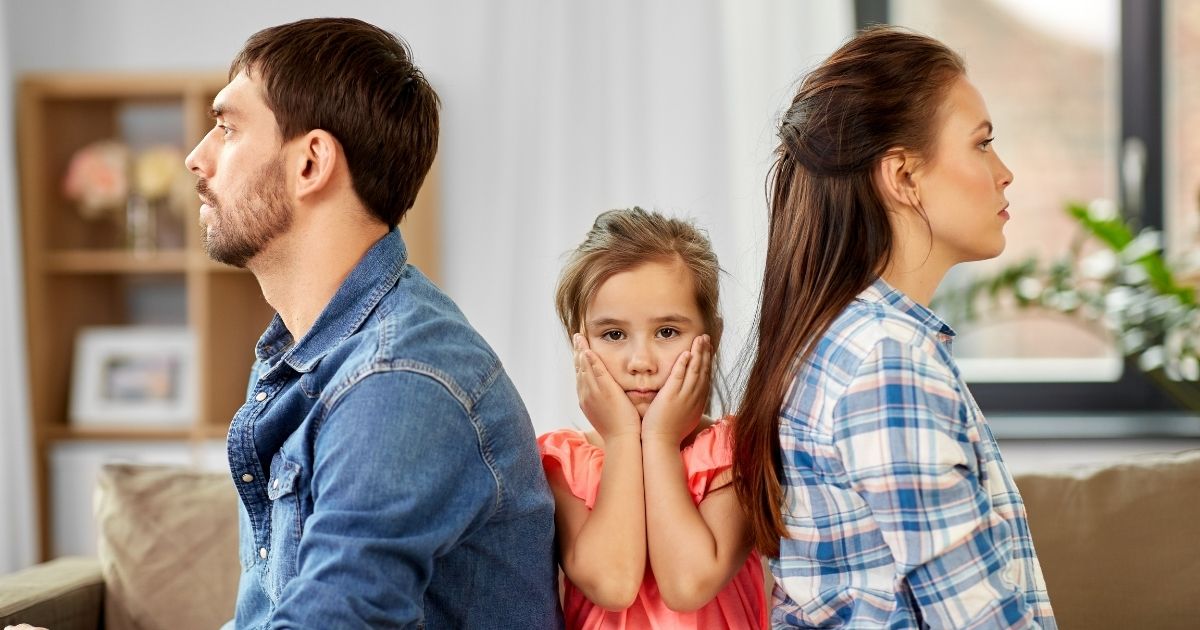Who Decides Which Parent A Child Lives With?

When parents of young children need to separate or divorce, the issues of physical and legal child custody become crucial issues. In the best-case scenario, the two parties can come to a fair agreement that is in the children’s best interests. Judges can then make those decisions official with court orders. How are these decisions made when the parents disagree, though? If you are having trouble arriving at a fair custody agreement, contact a Marlton divorce attorney today.
Can Children Decide Which Parent They Want to Live With?
In New Jersey, a child can express a parental preference to a judge – there is no specific age for this. When that happens, the judge is required to take the child’s words into consideration. This can be the main factor in determining which parent gets custody. It might seem unusual, but courts look at every case individually and apply case law – they often look to previous, similar cases to form their decisions as well.
What Other Factors Do Judges Consider in Parental Custody Cases?
Your children might not be old enough or able to discuss their preferences but if they do, it will be evaluated along with these other factors.
- Any history of domestic abuse
- Any history of substance abuse by a parent
- Each parent’s capability to act in the children’s best interests
- Each parent’s mental and physical health
- How willing the parents are to accept custody and the stability they can offer
- The child’s health and safety needs
- The child’s relationships with both parents
- Where each parent lives, their lifestyles, and work schedules
What are the Differences Between Physical and Legal Custody?
Custody arrangements are designed to best meet the needs of individual families, and your agreement should include physical and legal custody. Children live with the parent who has physical custody, and parents with legal custody are obliged to contribute to important decision-making. In many cases, one parent will have sole legal and physical custody; another common agreement is sole physical custody for one parent and joint, shared legal custody for both.
Less common are joint physical/legal custody and sole legal custody/joint physical custody. When one parent has physical custody, visitation schedules are created. This way, children can also bond with the non-custodial parent.
Can I Modify My Custody Agreement?
With child custody cases, courts generally prioritize the child’s best interests and stable environments. This is why it can be challenging to modify custody orders. Of course, family circumstances can change, so modifications are possible. In order to make changes, the parent(s) will need to show that there have been significant changes.
Parents seeking modifications also need to show that the existing custody agreement is no longer in the child’s best interests. The judge will go back to those deciding factors listed above, and the child(ren) might want to have a say in the outcome.
Turn to the Marlton Divorce Lawyers at Goldstein & Mignogna, P.A. for Confidential, Caring Guidance with Your Child Custody Arrangement Needs
Arriving at an acceptable child custody agreement can be an uphill battle. If you need legal help with an arrangement that will best meet your children’s needs, contact the Marlton divorce lawyers at Goldstein & Mignogna, P.A. Our skilled legal team can guide you through the process and protect your rights. For a confidential consultation, call our office at 856-890-9400 or complete our online form. From our offices in Marlton, New Jersey, we help client throughout South Jersey in Marlton, Burlington County, Camden County, and Gloucester County, and statewide.


